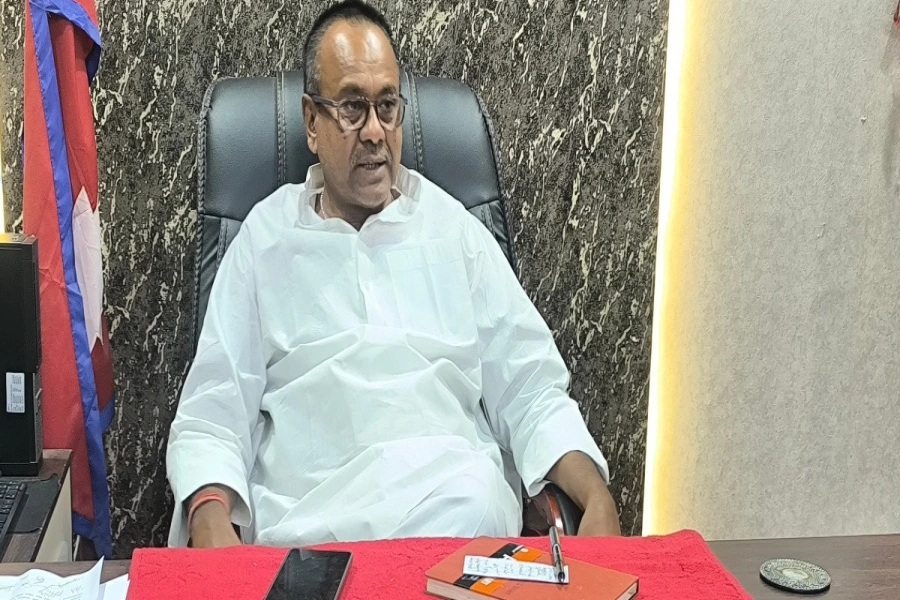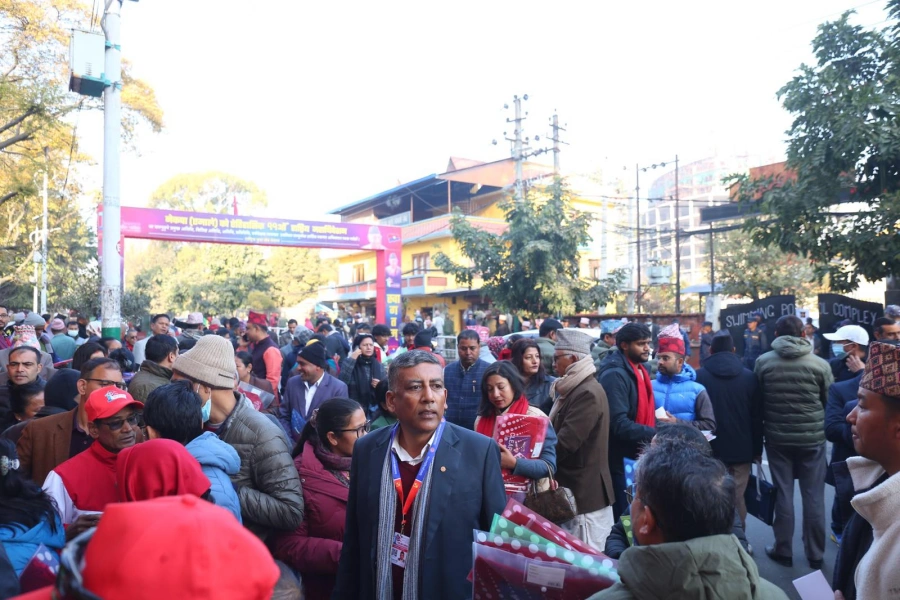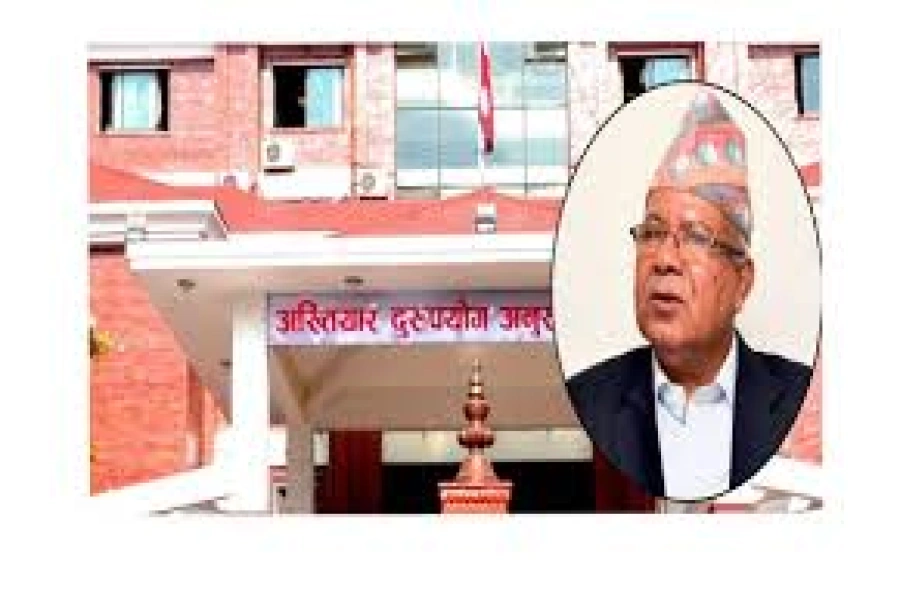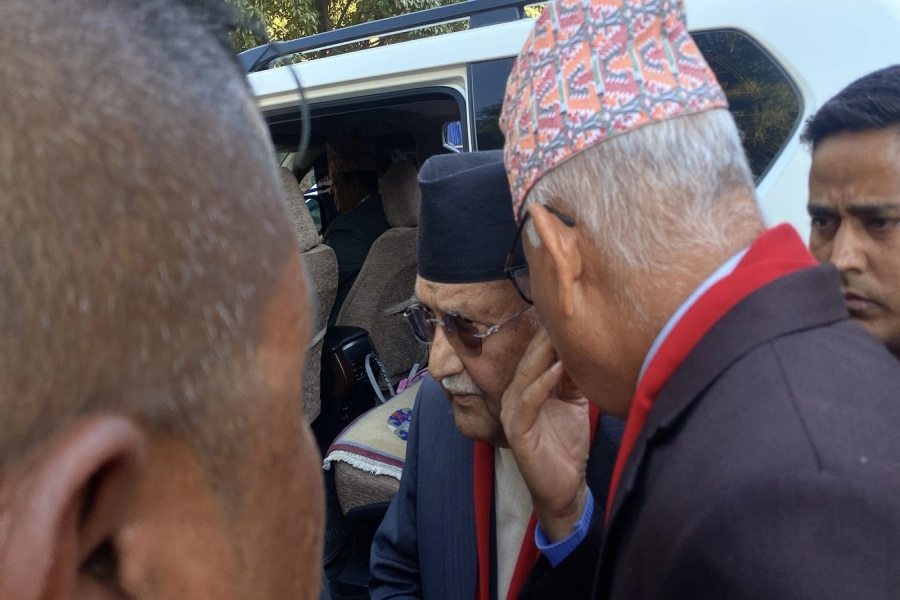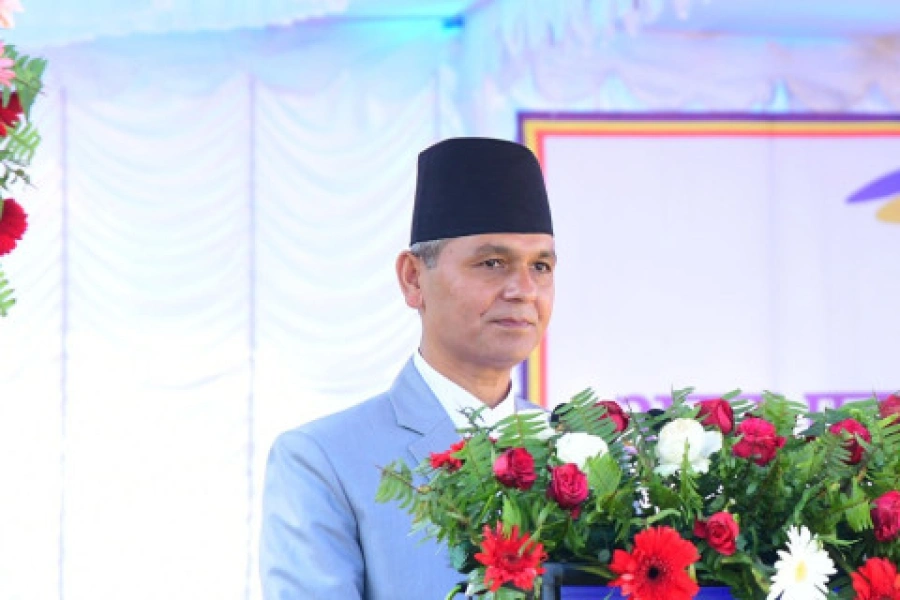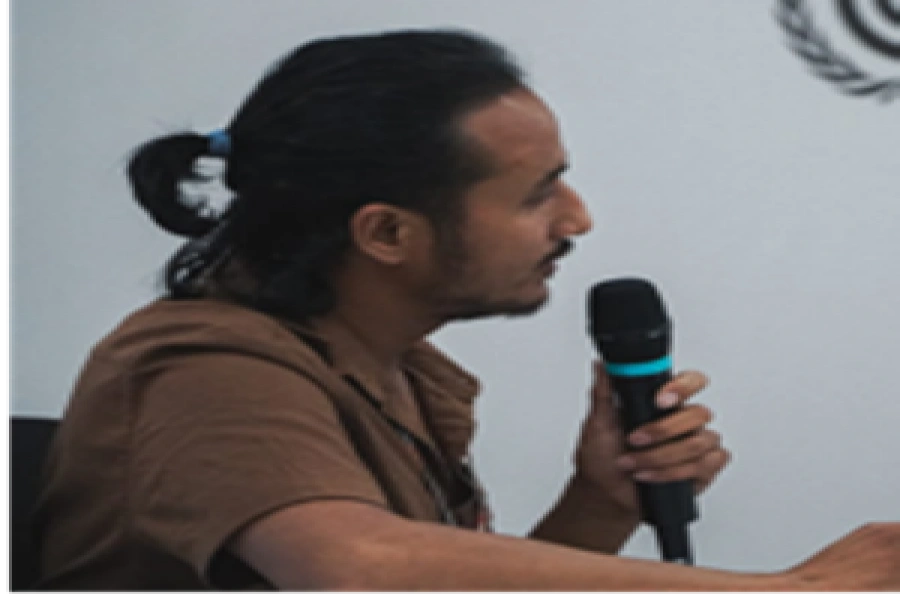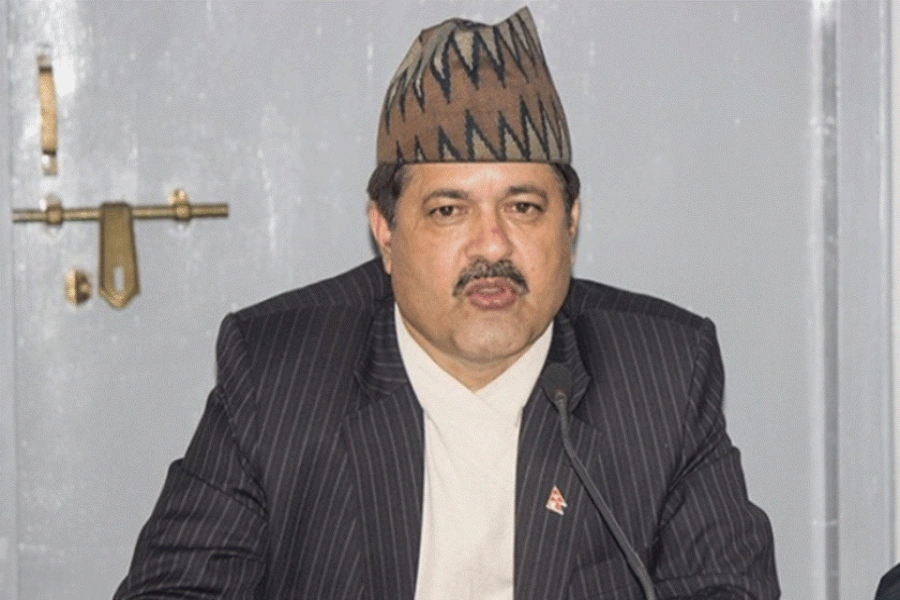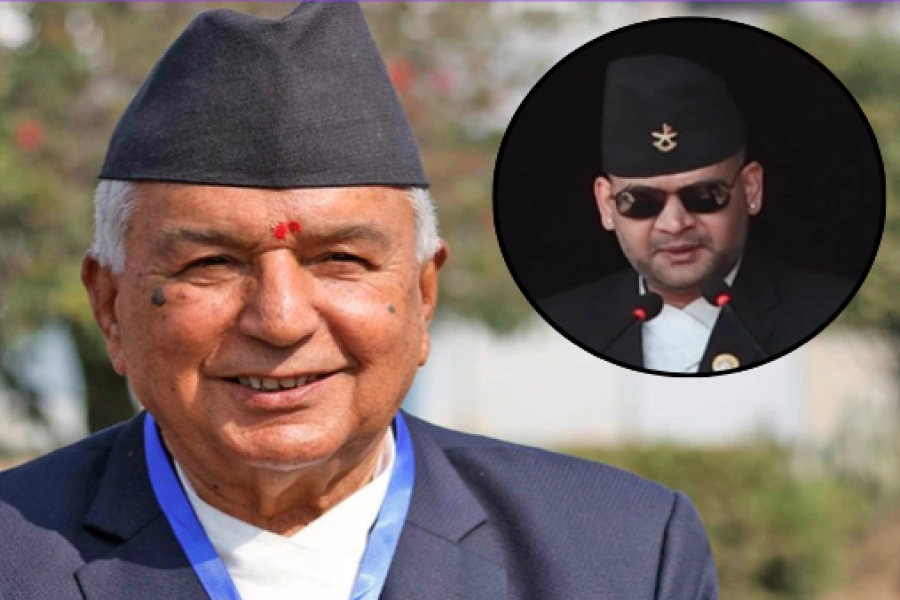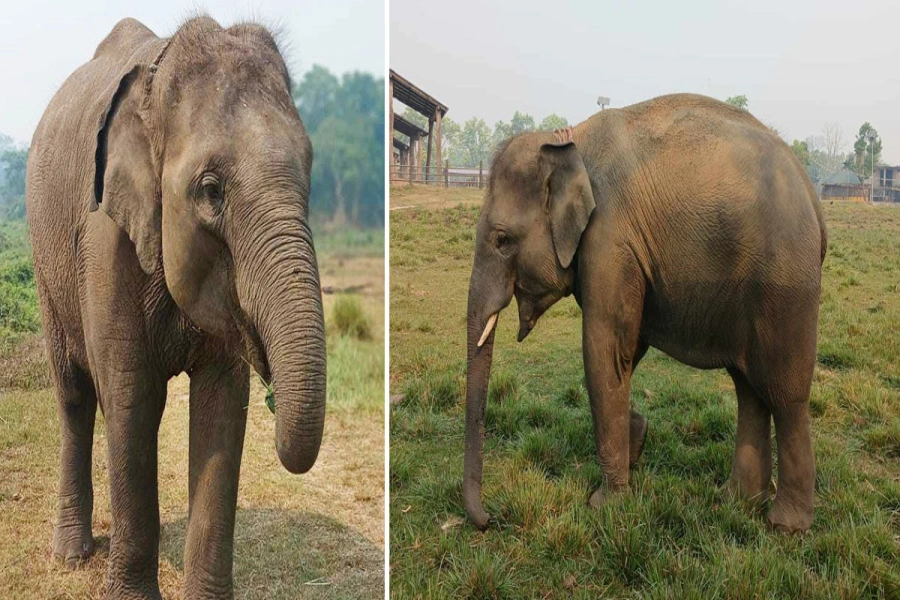"Exemption of VAT might have lowered kerosene price, but increased import duty has made petrol, diesel and liquefied petroleum gas (LPG) expensive. If the government is to transfer the benefits on kerosene, it will have to transfer the evils of price rise on other products as well," said an official at the Ministry of Supplies, elaborating on why the government is not in a mood to adjust oil prices.
NOC, on the other hand, has argued that the net financial impact of duty changes on different products without retail price adjustment has added financial burden to it.
The Ministry of Finance announced VAT exemption on kerosene through a circular issued to the Department of Customs on Thursday. It had raised customs duty on its import to Rs 2 per liter from Rs 1 a couple of days ago.
The cumulative impact of these changes is estimated to lower NOC´s import costs and raise its profit margin on kerosene to Rs 10 a liter.
The rise in import duty on petrol to Rs 15.2 a liter from Rs 14, diesel to Rs 2 a liter from Rs 1.60 and LPG to five percent of import value from four percent, however, will make their imports expensive.
"In total, tariff changes have increased loss for the corporation because the consumption of kerosene stands far less to counterbalance the increased costs on other products together," said NOC Spokesperson Mukunda Dhungel.
It will help government mobilize more revenue from petroleum business though. The business contributed about Rs 9 billion in the state treasury during the first 11 months of 2008/09.
Relief for the state-owned petroleum importer, however, is that the import costs for petrol and diesel have gone down by Rs 2.42 and Rs 2.96 per liter respectively for the second half of July. This will help the corporation plug the loss it incurred over the first half of the month.
Going by the new export rates Indian Oil Corporation (IOC) forwarded to NOC on Thursday, diesel´s import price now is almost equal to retail price, said Dhungel. Profit margin on petrol has inched up to about Rs 7.50 a liter.
Officials tagged that the news is still bad for the NOC because it will face a financial crunch of Rs 500 million to service its loans in July.
To adhere to its schedule of repaying about Rs 11 billion in loans that it took to finance imports over the past four years, the corporation needs to reap a profit of Rs 15 on every liter of petrol and Rs 6.50 on a liter of diesel.
VAT has not been imposed on locally produced potatoes, onions a...




